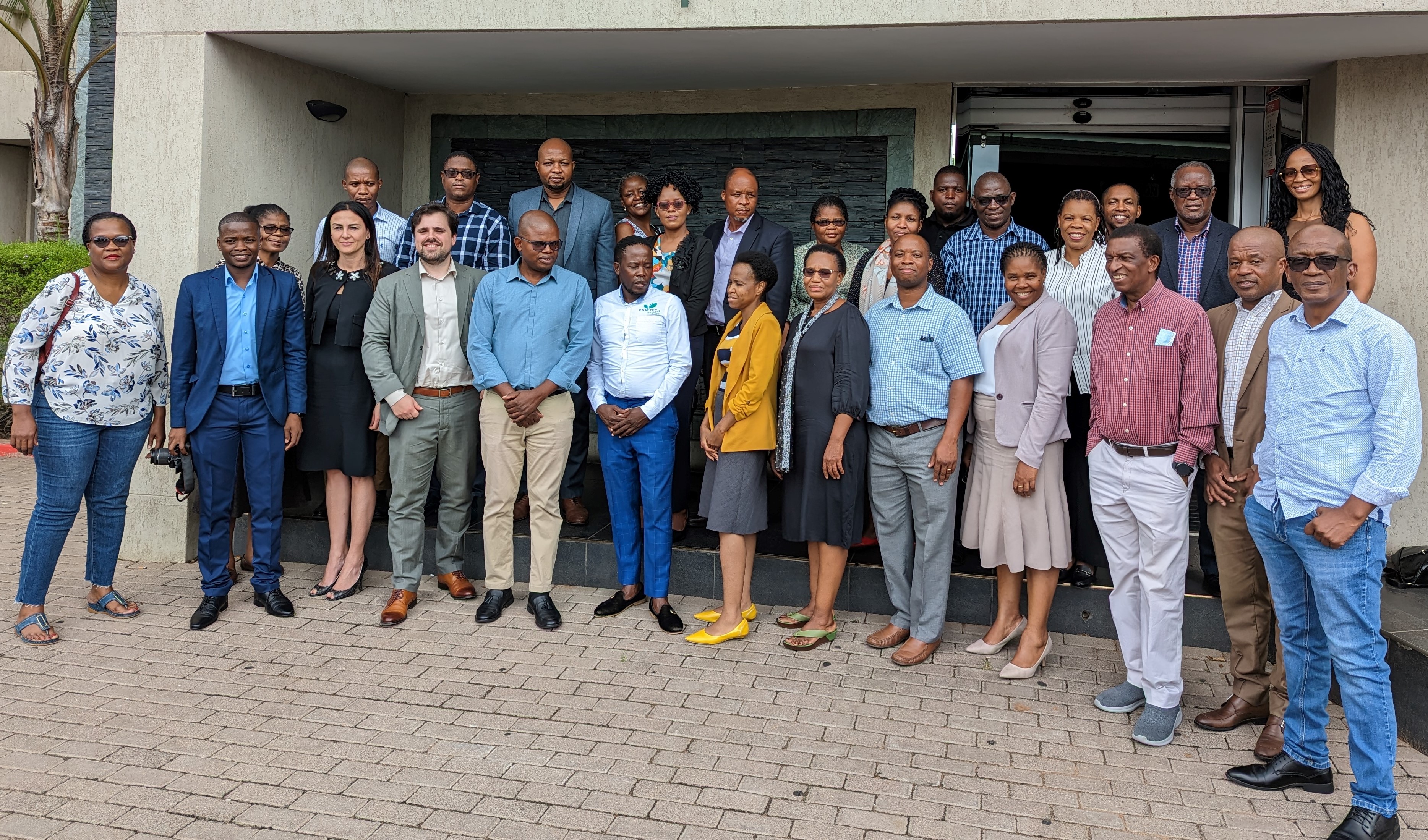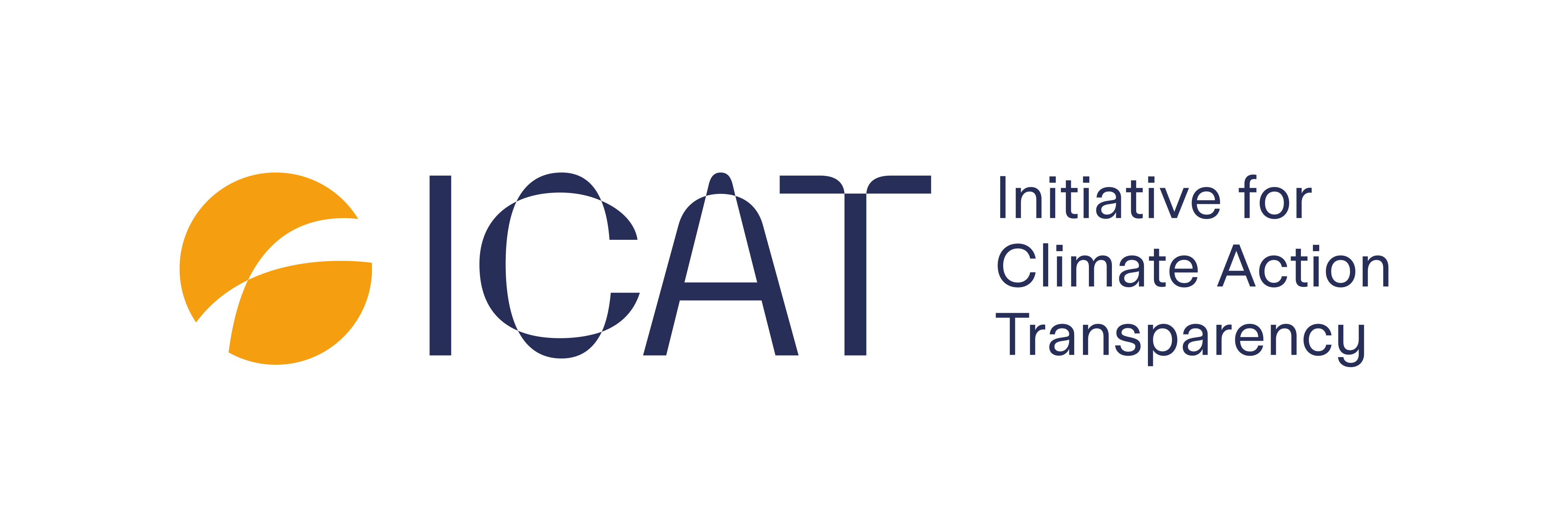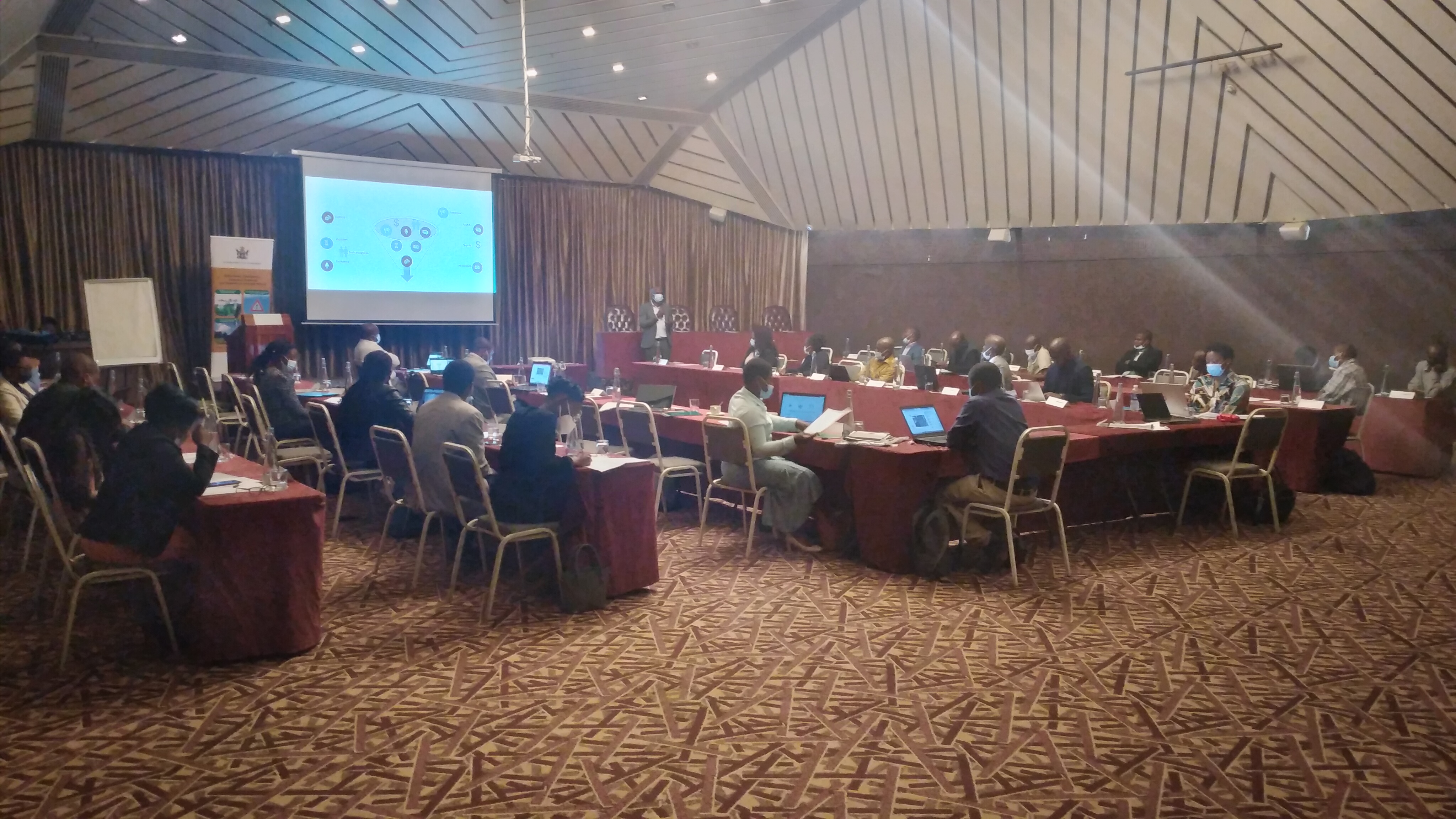Botswana is getting ready to strengthen climate action transparency with support for implementation and tracking emissions.
With assistance from UNEP Copenhagen Climate Centre and the Italian Institute for Environmental Protection and Research (ISPRA), Botswana has completed phase one of a project through the Initiative for Climate Action Transparency (ICAT), and the results were presented in a Final validation workshop in Gaborone in February 2023.
Key stakeholders engaged in useful discussions on the needs for support and capacity building for transparency in Botswana with good and useful inputs on how to strengthen data collection and institutional setups, among other issues.
As well as presenting the results of the work done over the last two years, the workshop also presented a suggested roadmap for future work. Moreover, an in-depth training session in the use of the Greenhouse gas Abatement Cost Model (GACMO) was conducted.
Strengthening MRV systems and creating sustainable results
Botswana started working with ICAT and UNEP Copenhagen Climate Centre as implementing partner in late 2020.
Focus was on conducting a needs and gap assessment for Measurement, Reporting, and Verification (MRV) of the energy and transport sectors, while at the same time strengthening institutional arrangements for MRV in the sectors.
To ensure that the data was fully utilized, the work also consisted of capacity building for data management to track NDC implementation in the transport and energy sectors.
UNEP Copenhagen Climate Centre and partners in Botswana used ICAT methodologies for Renewable Energy and Transport throughout the project.
To ensure the sustainability of the work, a road map was developed outlining recommendations for the distribution of responsibilities on data collection and reporting.
Support for implementation needed
At the three-day workshop and training sessions, more than 25 participants from government, finance institutions, universities and the private sector joined in the discussions and presentations on the results of the ICAT work and how to best move forward.
Key points of how to institutionalize the MRV system and strengthen data collection were discussed, as well as what the
Looking at the proposed roadmap, the participants saw it as feasible but pointed out that following the map and ensuring that entities tasked with responsibilities are able to carry them could require outside assistance.
There was a general consensus, that if the country is to live up to both ambitions for climate action transparency and international requirements, Botswana will continue to need support and capacity building.
UNEP Copenhagen Climate Centre is now going to collect additional detailed feedback on the results of the ICAT project to ensure buy in and creating the possible best starting point for implementation of the roadmap.
Calculating and tracking reductions
To assess the mitigation potential in the selected sectors, an in-depth training on GACMO, a model developed by UNEP Copenhagen Climate Centre, was provided at the workshop.
The model has been developed through more than 20 years of research at UNEP Copenhagen Climate Centre to help countries calculate and track the emission reduction and estimated economic effects of about a hundred different climate mitigation actions across various energy sectors.
Access the GACMO here.
The training in Botswana provided an overview of the GACMO tool and shared information on areas where ICAT methodologies and GACMO calculations could assist in reporting and evidence-based implementation of Botswana’s NDC.
GACMO has already been used by several countries to prepare and update their Nationally Determined Contribution (NDC) to the Paris Agreement and to create locally anchored Monitoring, Reporting and Verification (MRV) systems.
In Botswana, the goal is for the national inventory team to be able to use GACMO calculations on the transport and energy sectors for the upcoming NDC update.







